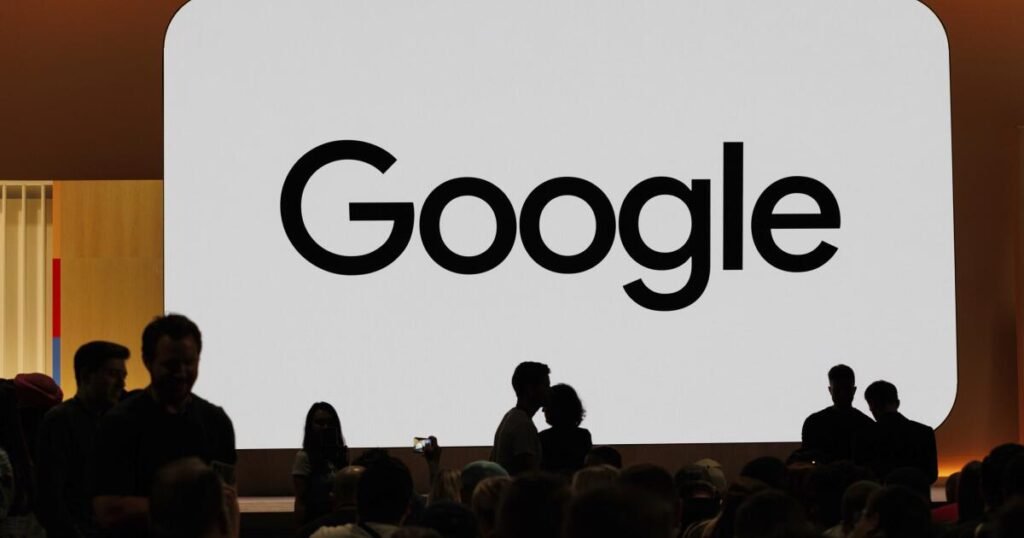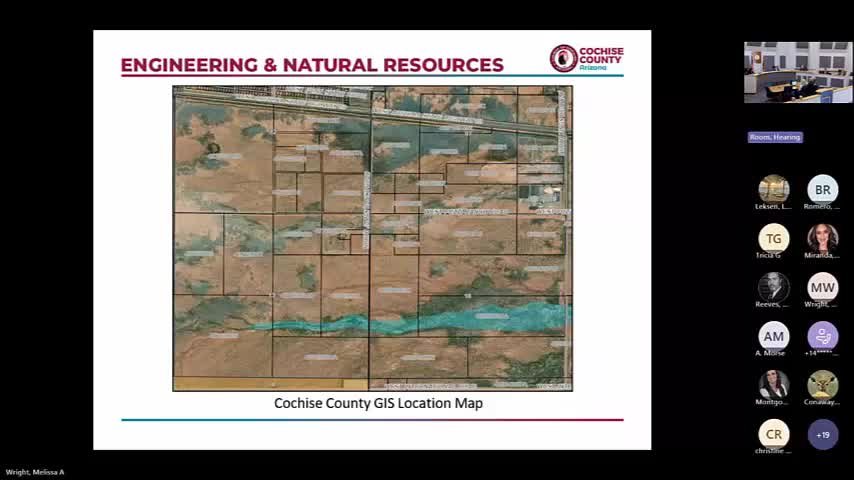Judge’s Ruling on Google Monopoly Case
Last year, a federal judge referred to Google as a “monopoly,” which raised questions about how to reestablish competition in online searches.
This Tuesday, U.S. District Court Judge Amit Meta, from the District of Columbia, made a carefully scrutinized decision. While Google managed to avoid having to sell its Chrome browsers, other restrictions were placed on the company.
On Wednesday, Google’s parent company, Alphabet, saw a 9% increase in its stock after dodging the most severe repercussions.
“This is a win for Google overall,” commented Yory Wurmster, a principal analyst at Emarketer. “Given their guilty verdict, this is probably the best outcome they could have hoped for.”
However, various advocacy groups and some tech firms expressed their disappointment, feeling that the ruling did not advance the cause of competition as they had hoped.
The judge noted that forcing Google to sell Chrome would be “unsuitable for this case.” He described such a move as “incredibly troublesome and extremely risky,” citing the interconnections between web browsers and other tech systems.
On the positive side, some relief measures, like requiring Google to share specific search data with select competitors, might allow more competition to emerge, according to some experts.
Google’s dominance has grown considerably, thanks to exclusive agreements with major companies such as Apple, Samsung, and AT&T, making it the default search engine for many devices and browsers. As its popularity surged, Google gathered invaluable data, enhancing the quality of its search results.
The judge highlighted that making this data accessible to competitors could help address the gap created by Google’s exclusive agreements.
Lee-Anne Mulholland, Google’s regulatory vice president, expressed concerns regarding “how these requirements will affect users and privacy,” noting the company is closely reviewing the implications of the decision.
In 2020, the U.S. Department of Justice initiated an antitrust lawsuit against Google, alleging that the company was unlawfully operating as a monopoly. The Department described the relief measures as a significant move in its ongoing efforts to safeguard American consumers.
The judge’s comprehensive opinion, spanning over 200 pages, reflects on how artificial intelligence is transforming information searches and recalibrating Google’s extensive advertising model. More individuals are now turning to chatbots, like OpenAI’s ChatGPT, for immediate answers rather than poring over various search results.
Google is making significant investments in AI, introducing products like AI assistant Gemini and AI-generated summaries at the top of search results, along with features like AI mode that provide quick answers similar to ChatGPT.
“It’s uncertain how much this will influence their revenue,” Wurmster remarked. “Even if they excel in AI, ChatGPT still seems to be a serious contender.”
Mehta acknowledged in his opinion that AI technology could become a “game changer” going forward, although chatbots haven’t yet rivaled traditional search engines. Google continues to maintain its dominance, as “existing rivals have never taken market share from Google,” he stated.
One of the judge’s proposed solutions, asking that all Google browsers show a “selection screen” for search engines if users didn’t choose the default one, was ultimately rejected. While Google was banned from certain exclusive agreements, it could still pay or offer other incentives to partners, such as Apple, for placing its search engine or AI products as the default.
Melissa Otto, head of research at S&P Global Visible Alpha, warned that if Google were forced to divest Chrome, it could “completely undermine its business model.”
This year, Google Search is projected to bring in $219 billion in revenue, with about $37.7 billion going to distribution partners.
“The big question is whether $220 billion can be sustained in this new world driven by generative AI,” she remarked. “That really poses a challenge for the market as it looks to evolve.”







